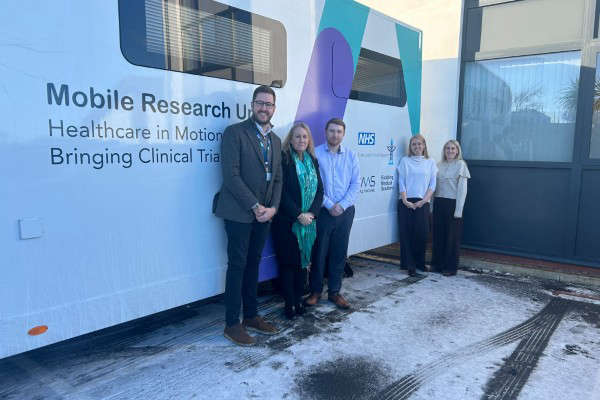
A state-of-the-art mobile clinic designed to make it more convenient for people to bepart of health and care research has arrived at a Blackpool NHS GP practice.
The bespoke vehicle is being utilised by the team at Layton Medical Centre as part of a pilot project exploring how mobile research units can improve clinical trial accessibility and efficiency. The project is a collaboration between the National Institute for Health and Care Research (NIHR), the UK Vaccine Innovation Pathway (VIP), pharmaceutical company Moderna and EMS Healthcare. The mobile unit pilot is linked to the NOVA 301 trial which is investigating the safety and effectiveness of a vaccine for the winter vomiting bug norovirus. Layton Medical Centre is one of 39 sites across the country involved in this phase 3trial which launched in October 2024 and has recruited more than 3,000 participants nationally. Each participant in the trial has been randomly assigned to 1 of 2 groups. Those in the first group have received the investigational norovirus vaccine and those in the second received a placebo. Eighty-five adult participants are involved in the trial at Layton. The mobile unit is now open to all enrolled participants for their follow-up appointments as the trial progresses. The mobile unit provides a high-quality clinical space equipped with an ultra-low temperature freezer to store biological samples, and a tabletop centrifuge which enables all of the follow up activities connected to this trial to be carried out onboard. Professor Andrew Ustianowski, interim Executive Director at the NIHR Research Delivery Network (RDN), said: “The NIHR has already seen how mobile research unit scan take research into communities around the country, expanding access and boosting inclusion. They can enhance NHS capacity to deliver research and provide flexibility for the public to take part in research away from traditional health care settings.

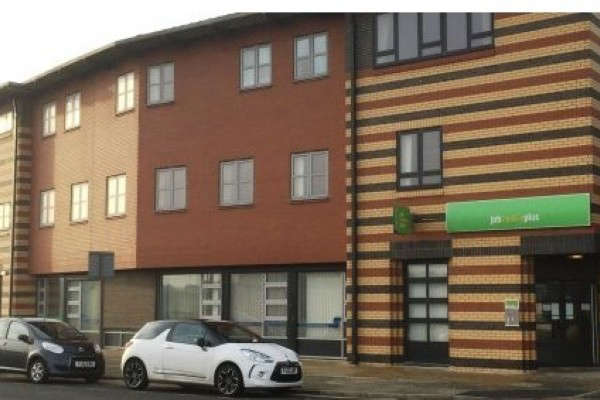 Flats plan for former Job Centre in Blackpool’s South Shore
Flats plan for former Job Centre in Blackpool’s South Shore
 Update given on contamination fears at Thornton’s Hillhouse site
Update given on contamination fears at Thornton’s Hillhouse site
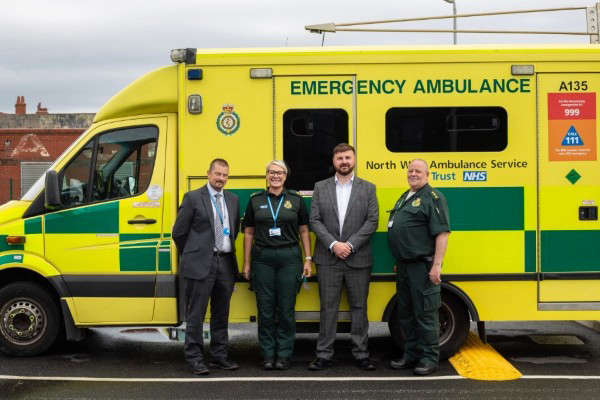 New Neighbourhood Health Centre to be established in Blackpool
New Neighbourhood Health Centre to be established in Blackpool
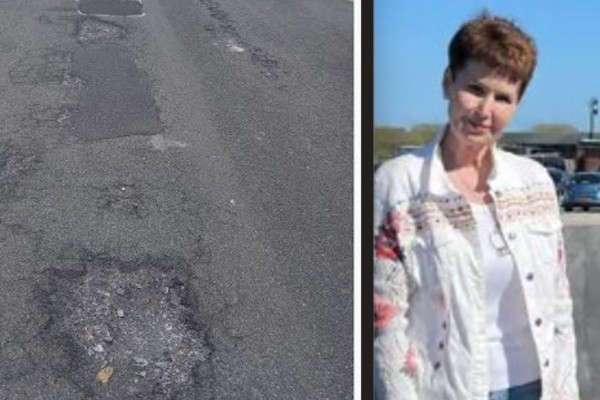 Some of our roads have become a patchwork of erosion, says Blackpool councillor
Some of our roads have become a patchwork of erosion, says Blackpool councillor
 New bar and restaurant given green light second time around
New bar and restaurant given green light second time around
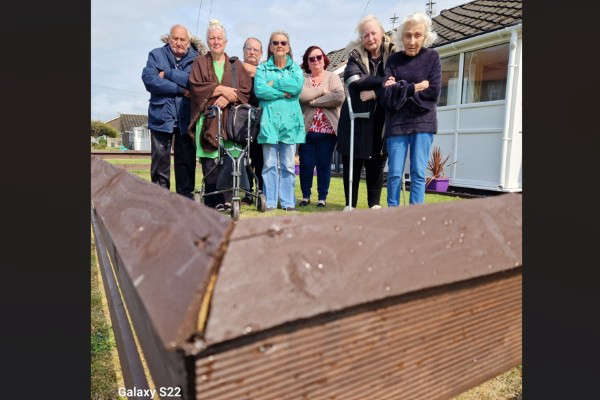 I’ve been given 28 days to take down my fence – now I’m waiting
I’ve been given 28 days to take down my fence – now I’m waiting


